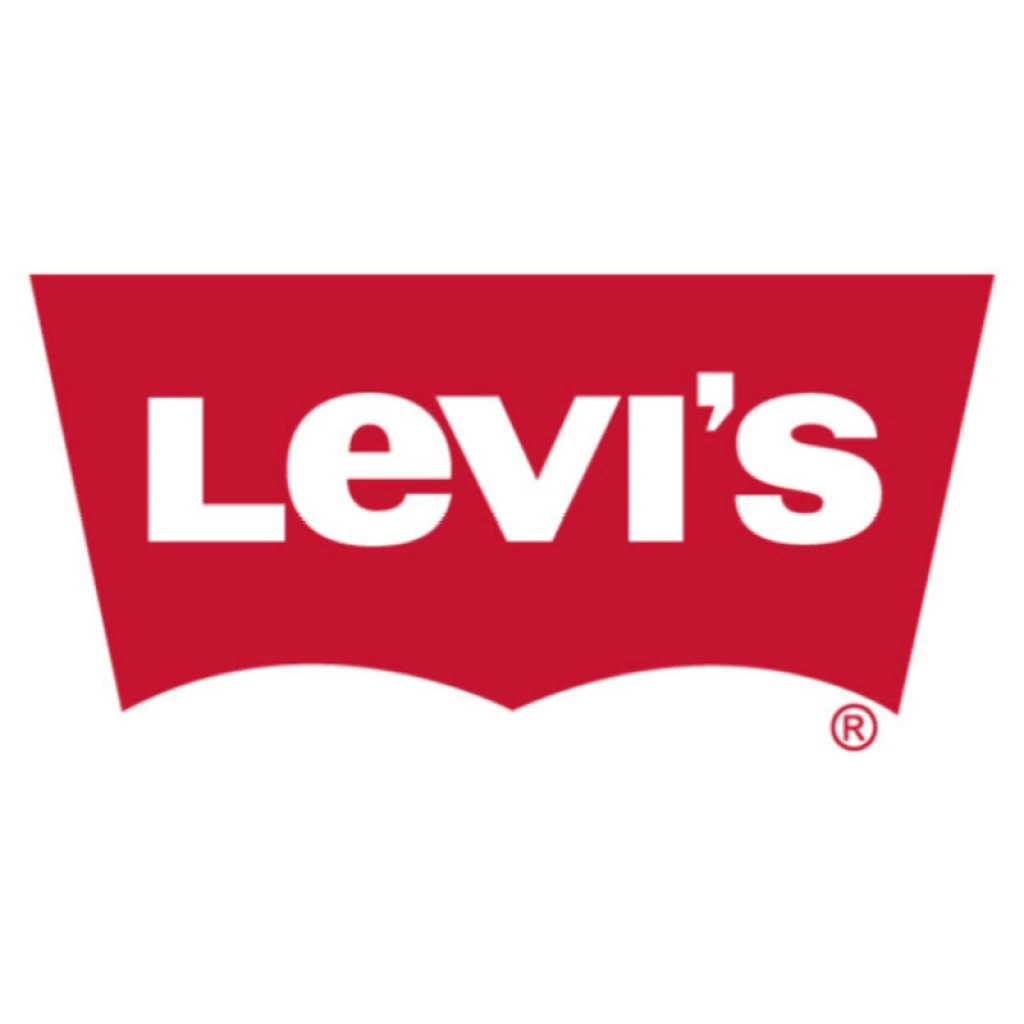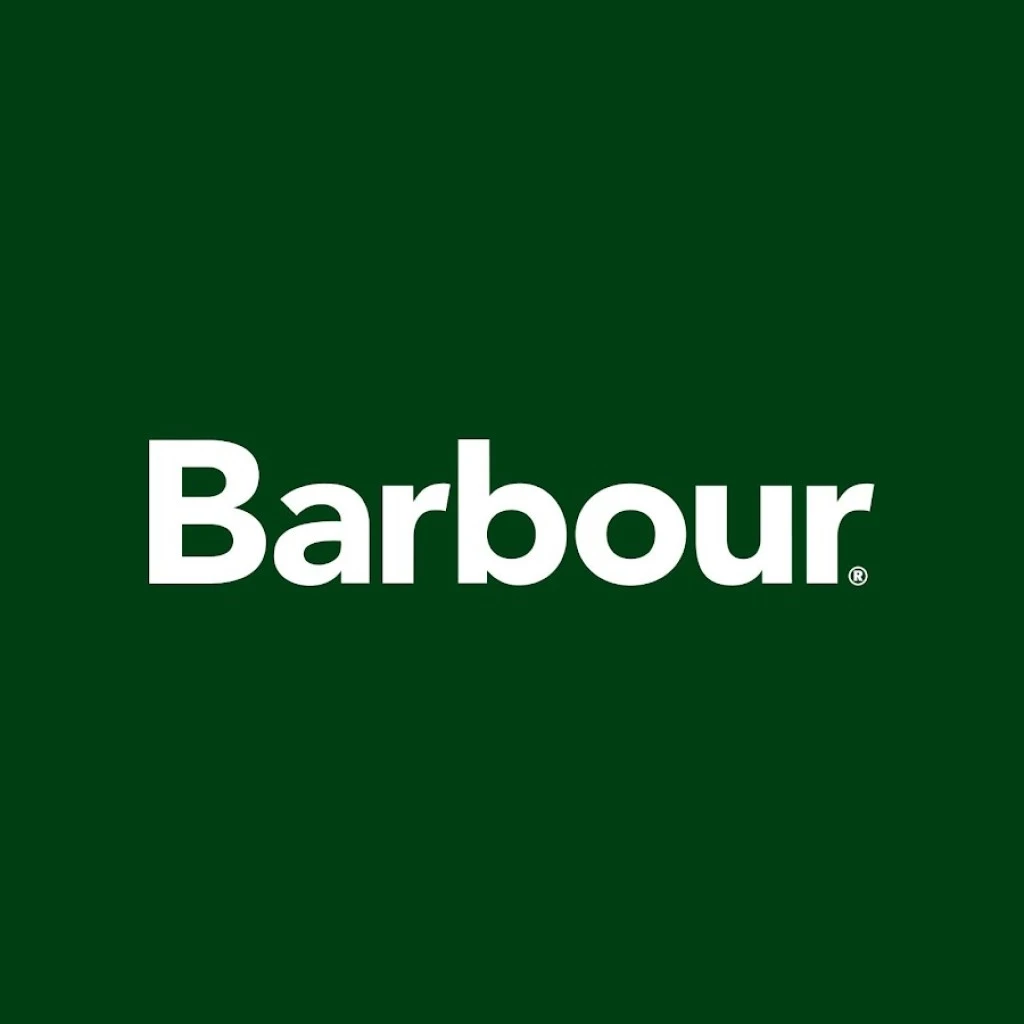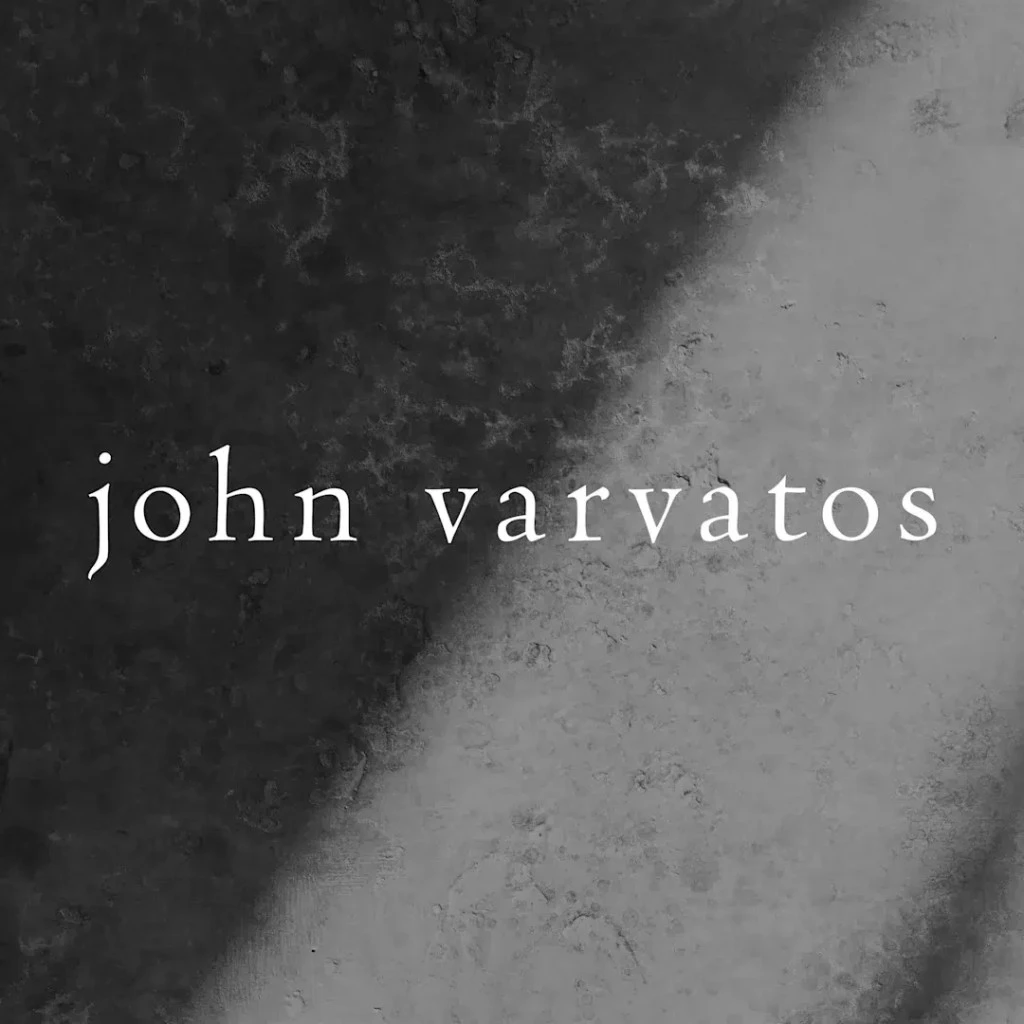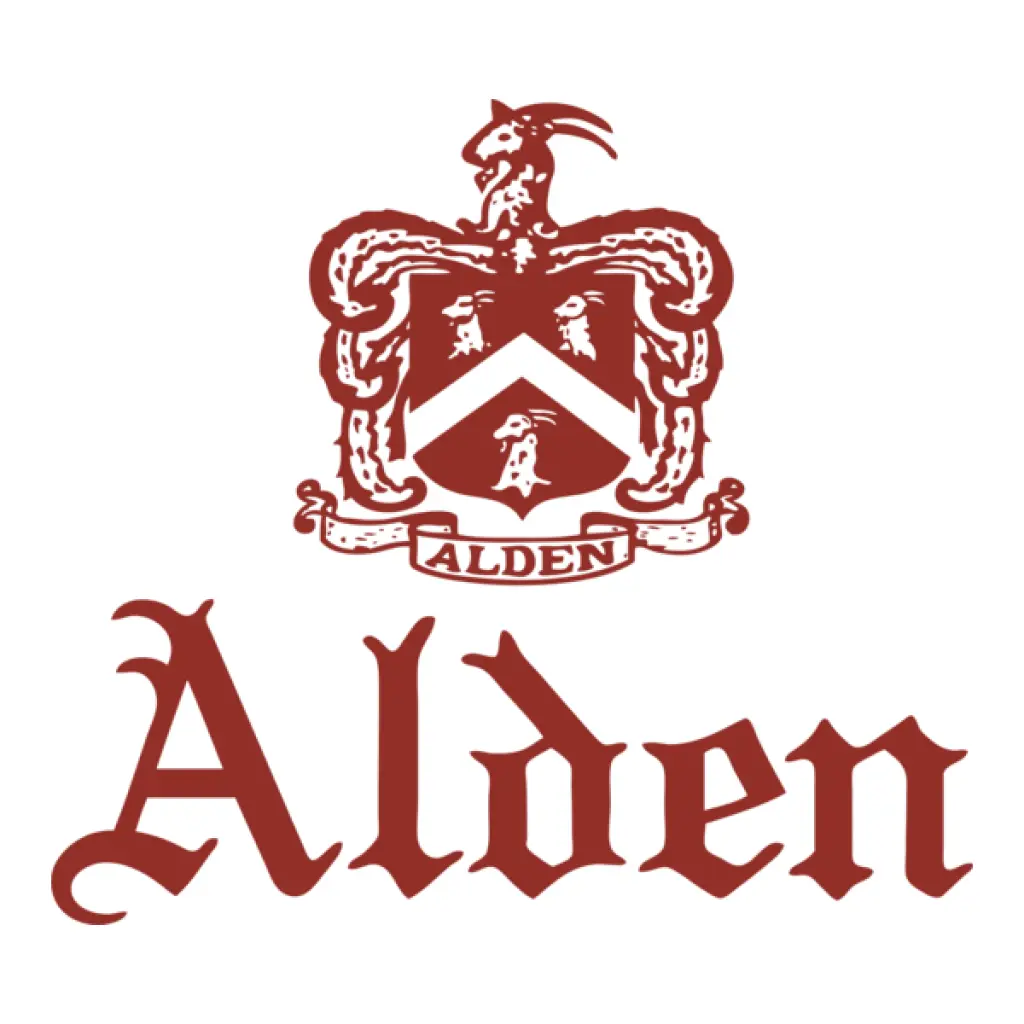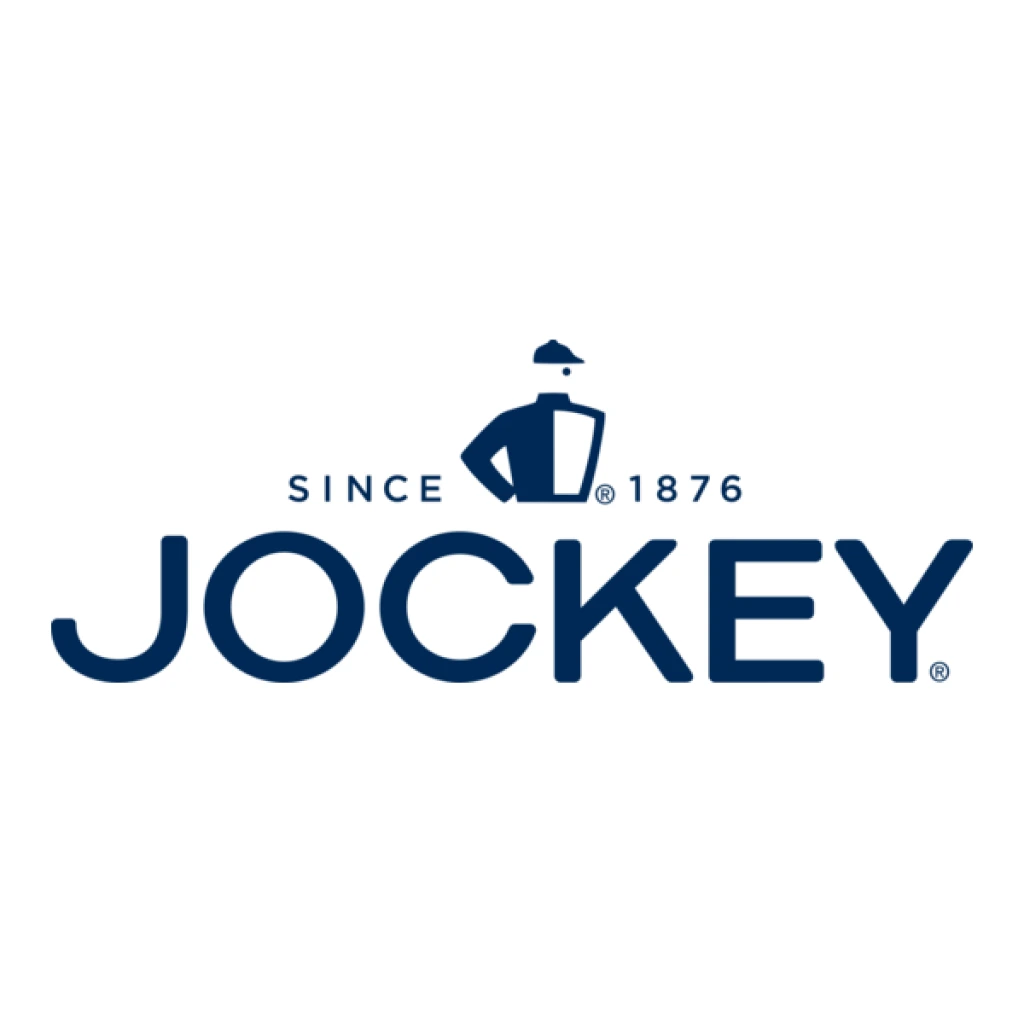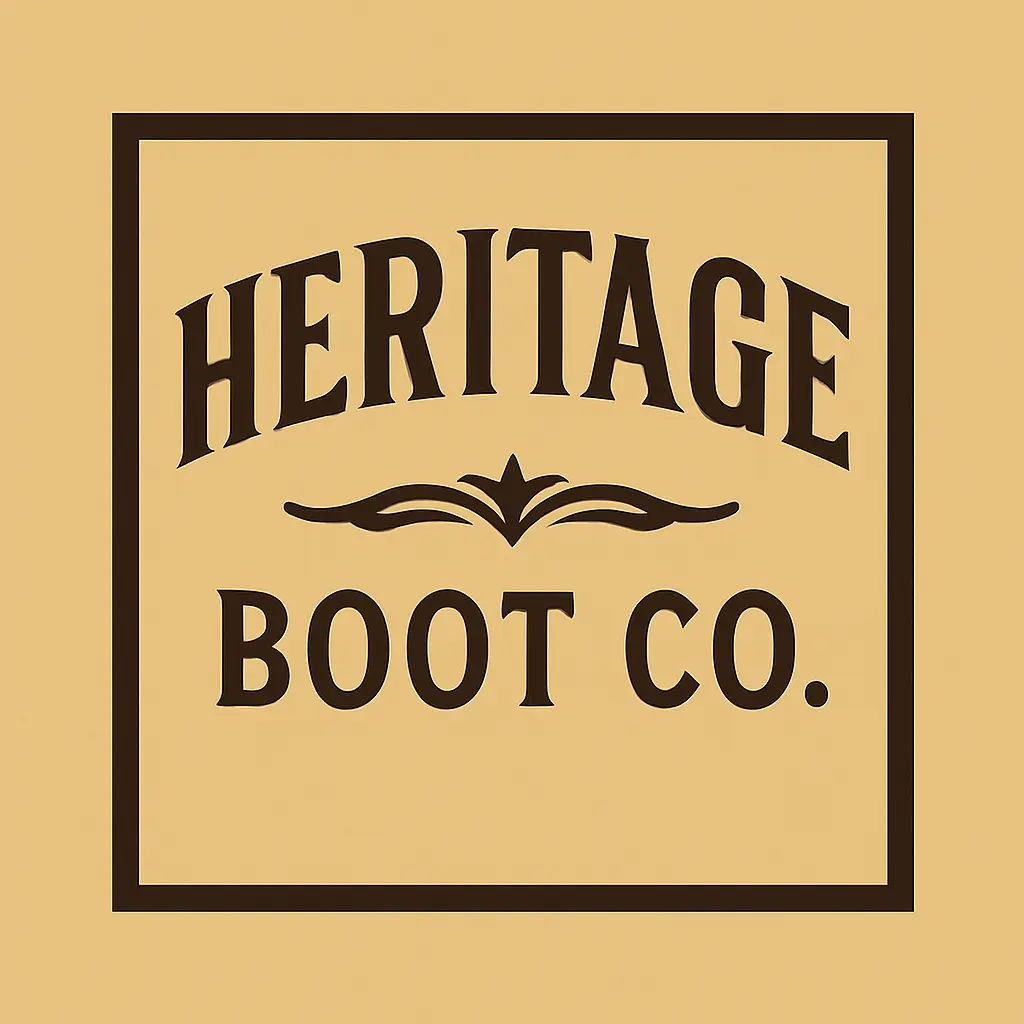Levi's, the denim dynasty kicked off in 1853 by Levi Strauss stitching pants for Gold Rush grifters in San Francisco, has zipped into a $6 billion global jean giant under Levi Strauss & Co, hawking 501s, jackets, and skinny fits that hug hips from cowboys to catwalks. From their Bay Area bunker, they thread fabrics for 25,000 employees and millions of leg-lovers, blending blue jean basics with trendy twists like sustainable stretches. It's the brand that pants the world, proving one pair of riveted trousers can rivet history.
Levi's woke weave knotted up in the 2010s, threading DEI quotas for diverse leadership and ERGs that buzz like bias-busting bees, all laced with ESG for net-zero denim and racial equity grants that critics call "virtue jeans." They flaunt perfect HRC scores for LGBTQ+ perks, back BLM with solidarity stands, and funnel millions to supplier diversity, leaving traditionalists feeling like they've been shrunk in the wash. By 2025, amid corporate cool-downs, Levi's still struts the inclusion runway, turning cowboy cuts into cultural commentary.

